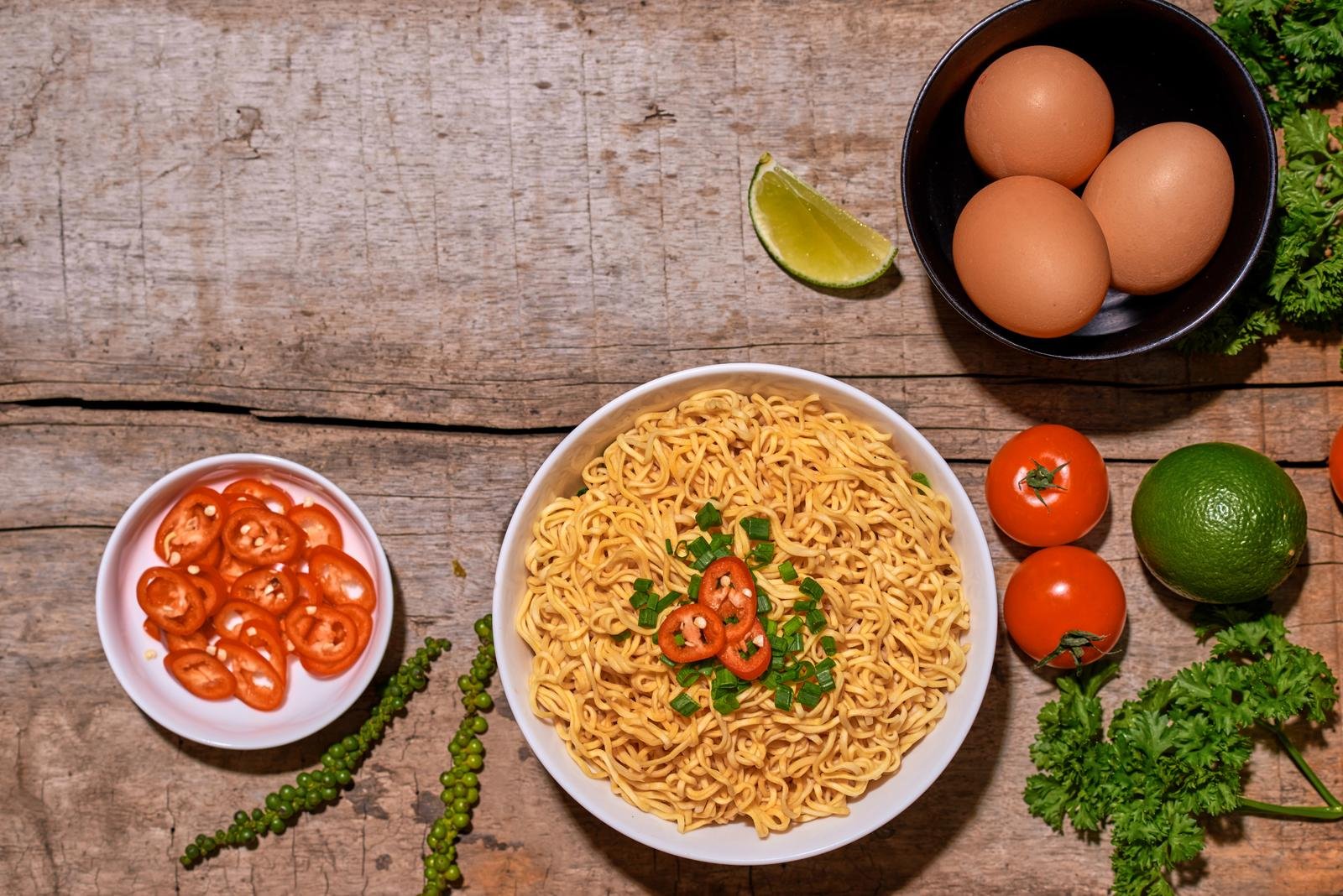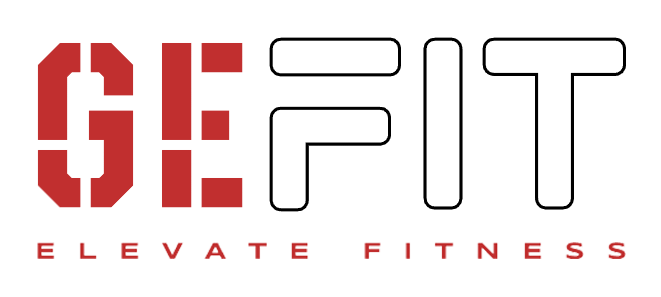
The Good and Bad of Eating Noodles
When it comes to quick and easy meals, noodles are a popular choice for many people. Whether it’s a bowl of ramen, a plate of spaghetti, or a stir-fry with rice noodles, there are countless ways to enjoy this versatile dish. However, like any food, there are both good and bad aspects to consider when it comes to eating noodles.
Advantages and Disadvantages Comparison Chart
| Advantages of Eating Noodles | Disadvantages of Eating Noodles |
|---|---|
| Quick and convenient | High in refined carbohydrates |
| Versatility | High in sodium |
| Affordability | Potential for overeating |
| Dietary flexibility | Limited nutritional value |
| Source of energy | Processed ingredients |
| Comfort food |
Advantages of Eating Noodles
Eating noodles can offer several advantages, making them a popular choice for many people. Let’s explore some of the benefits:
- Quick and convenient: Noodles are incredibly easy to prepare and cook, making them a convenient option for busy individuals or those who don’t have much time to spend in the kitchen.
- Versatility: Noodles can be paired with a variety of ingredients, sauces, and seasonings, allowing you to create a wide range of delicious and satisfying meals. Whether you prefer them in soups, stir-fries, or salads, there’s a noodle dish for everyone.
- Affordability: Noodles are often an affordable food option, especially when compared to other types of dishes or ingredients. This makes them accessible to individuals with different budgets.
- Dietary flexibility: Noodles can be made from various ingredients such as wheat, rice, or even vegetables, making them suitable for different dietary preferences or restrictions. There are gluten-free options available for those with gluten sensitivities or intolerances.
- Source of energy: Noodles are a good source of carbohydrates, which are essential for providing energy to the body. They can help fuel your activities and keep you feeling energized throughout the day.
- Comfort food: Noodles have a comforting and satisfying quality that can help improve your mood and provide a sense of comfort, especially during colder months or when you’re feeling down.
Disadvantages of Eating Noodles
While noodles have their advantages, it’s important to consider some of the potential drawbacks as well:
- High in refined carbohydrates: Many types of noodles are made from refined grains, which means they have been stripped of their natural fiber and nutrients. Consuming too many refined carbohydrates can lead to blood sugar spikes and contribute to weight gain.
- High in sodium: Some packaged or instant noodles can be high in sodium, which can be problematic for individuals with high blood pressure or those who are trying to reduce their sodium intake. It’s important to read labels and choose lower sodium options when available.
- Potential for overeating: Noodles are often served in large portions, and it can be easy to overindulge. This can lead to consuming excess calories and contribute to weight gain or other health issues.
- Limited nutritional value: While noodles can provide energy, they may lack essential nutrients like vitamins, minerals, and protein. It’s important to balance your diet with other nutrient-dense foods to ensure you’re meeting your nutritional needs.
- Processed ingredients: Some types of noodles, especially instant noodles, may contain additives, preservatives, and artificial flavorings. These processed ingredients may not be beneficial for your overall health.

